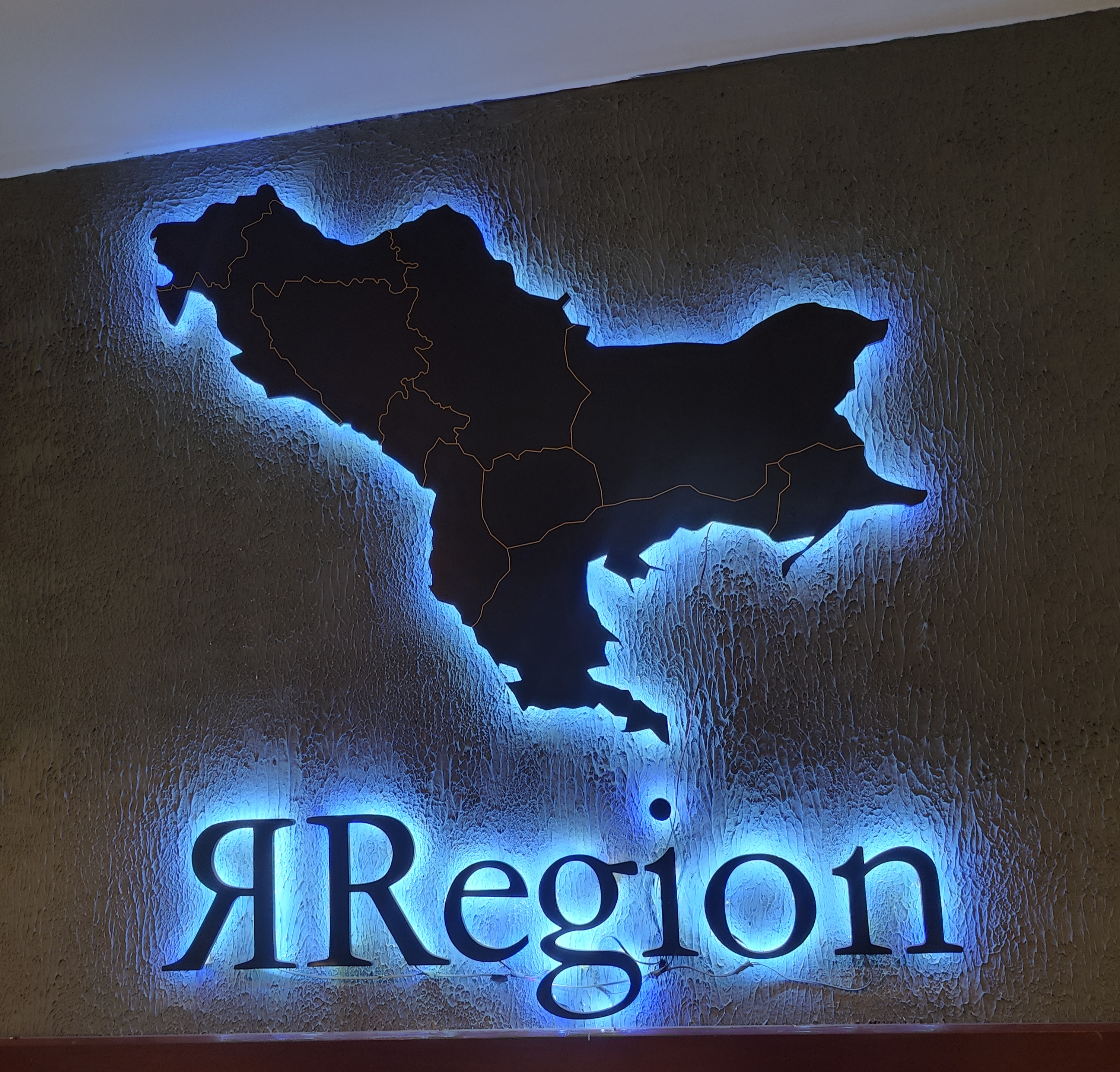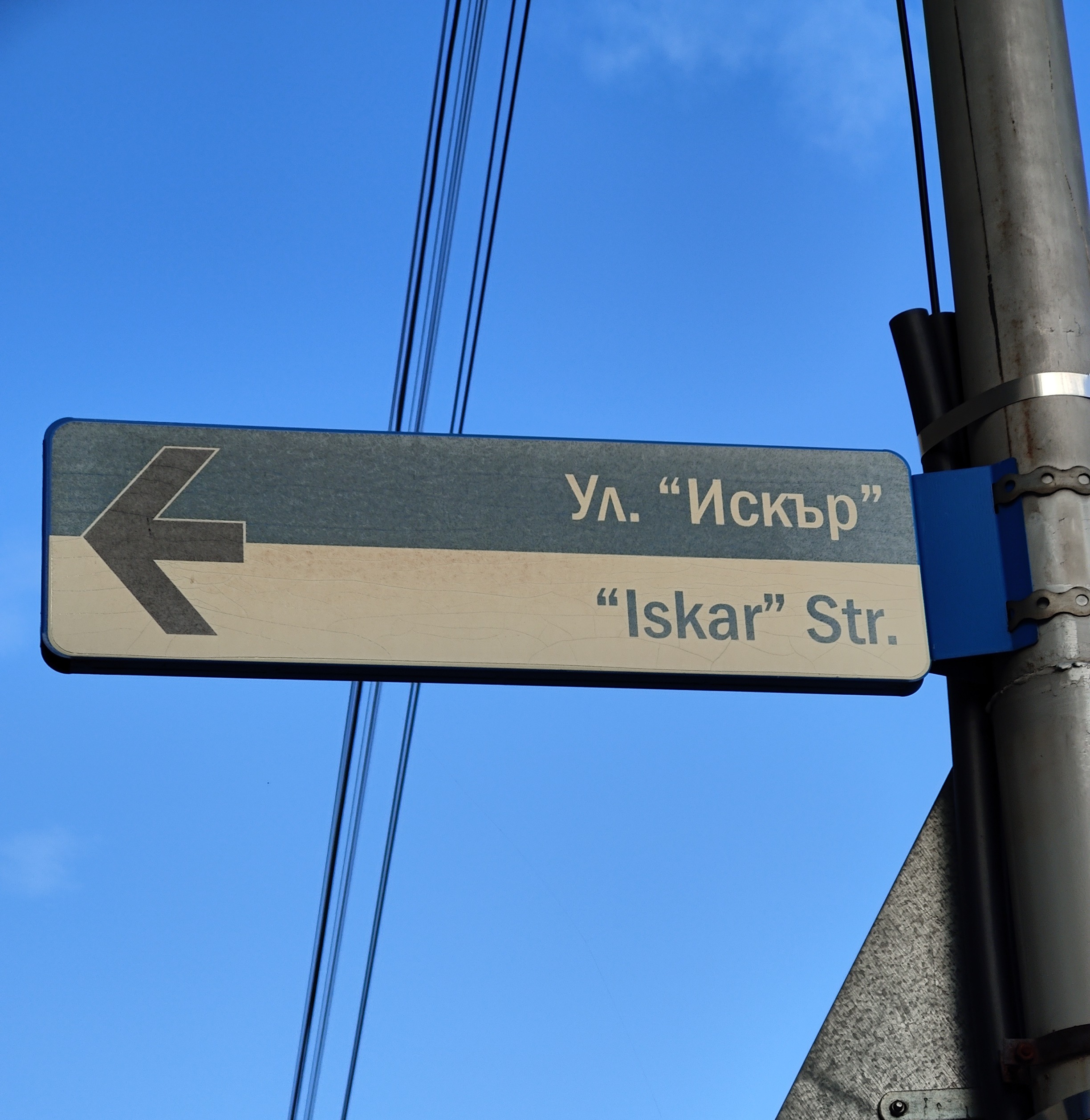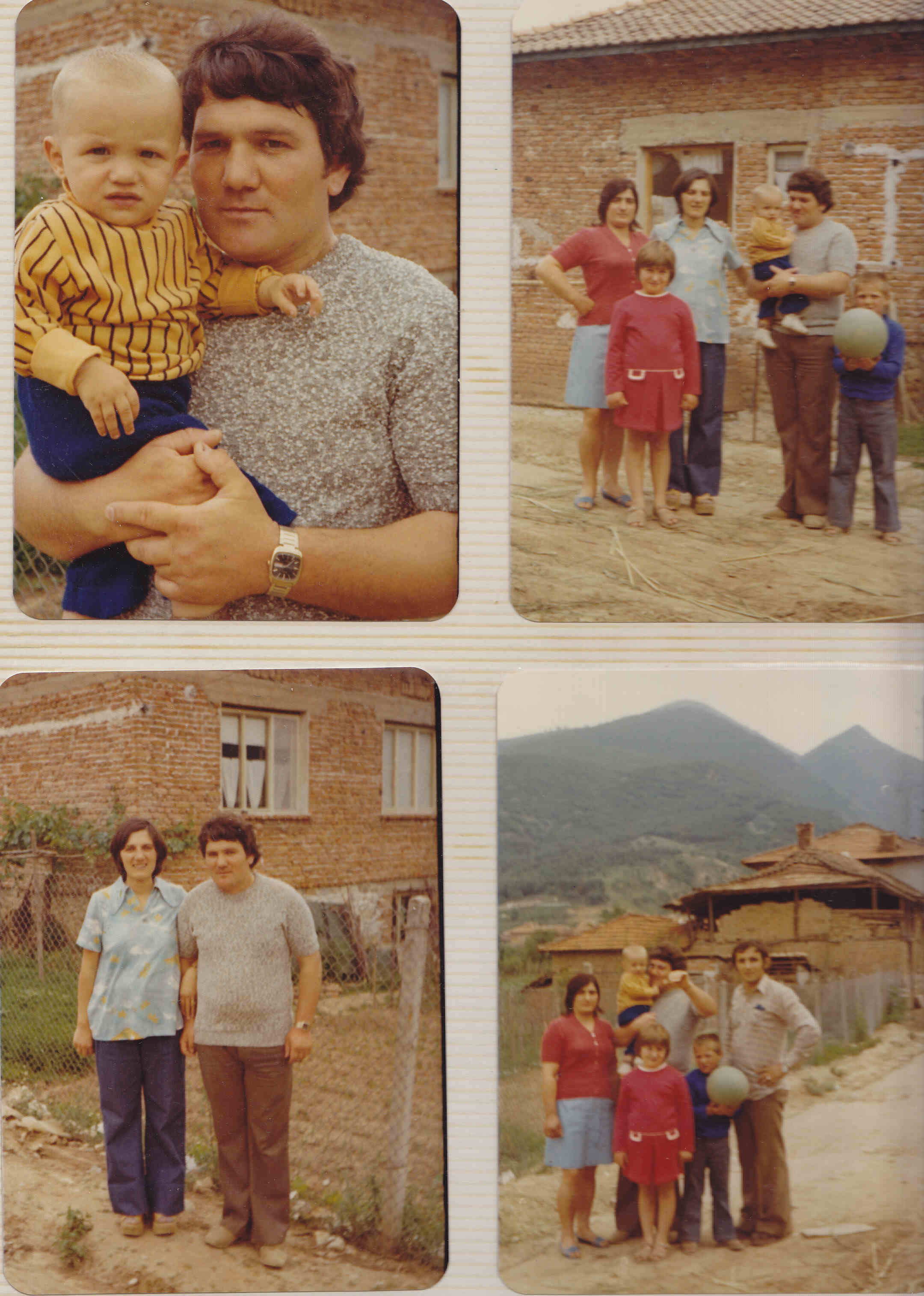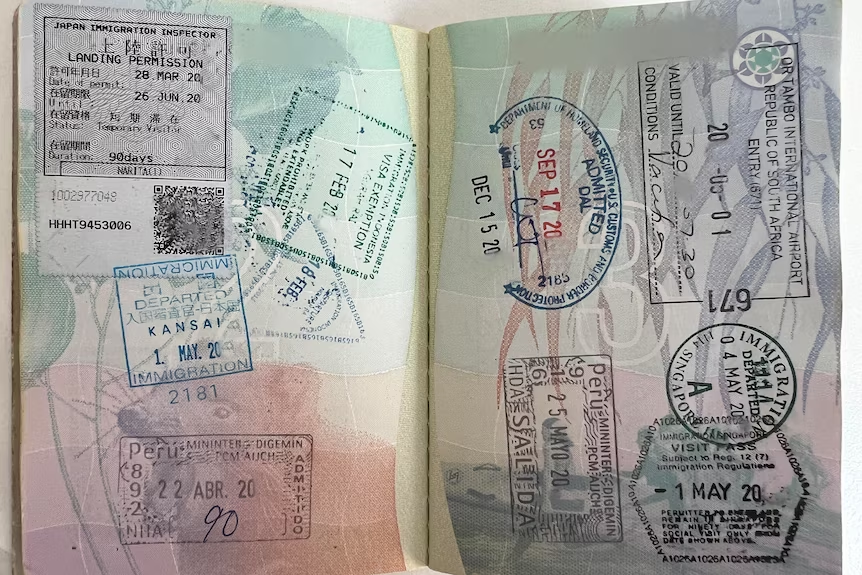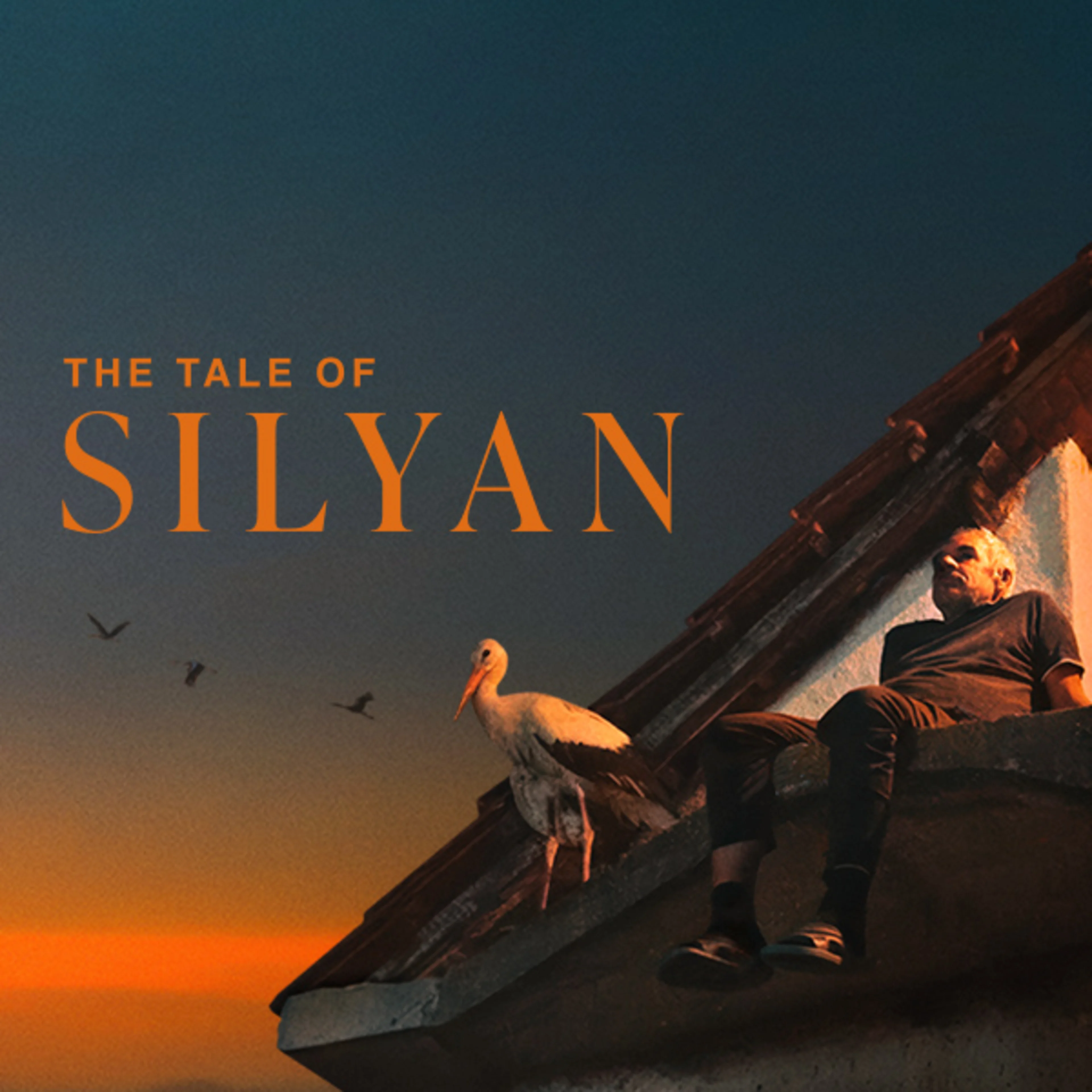If you follow me, you'd know that I'm fascinated with false friends, anglicisms and pseudo-anglicisms in languages.
What's a false friend?
They're words that look and/or sound the same between two languages but have different meanings.
And a pseudo-anglicism is a word that looks like an English-derived word in a non-English language but the "original" does not exist in English.
A trip to what is best described as an 'ex-Soviet' shop on the weekend because I had a major craving for сырки ("syrki" – frozen curd snacks, usually coated in chocolate) made me realise how many of the above exist in Russian...

It was a pleasant day to go walking, which was no problem as there is no паркинг ("parking" – car park or parking lot) to take a машина ("mashina" – a car, not a machine) there. The shop has loads of продукты ("produkty") even папмерсы ("pampersy" – the generic name for "disposable diapers/nappies" in many languages) and скотч ("scotch" – no, not whiskey but adhesive tape).
Going to the counter to pay, the cashier will always ask if you need a пакет ("paket" – no, not a packet or package but a plastic shopping bag). However, as a regular shopper who's в курсе ("v kurse" – literally "on course" but meaning "in the know"), I brought my own шоппер ("shopper" – a tote bag). At least they didn't try to ап-сейл ("apseyl" i.e. "upsale"). And it was a bit hard to hear what the shopkeeper had to say as the latest Russian бэнгер ("banger" – a hit song) was playing loudly.

That made sense, didn't it?
If you need help in dealing with false friends, especially in my language categories, drop a line at info@nicknasev.com and let's talk.


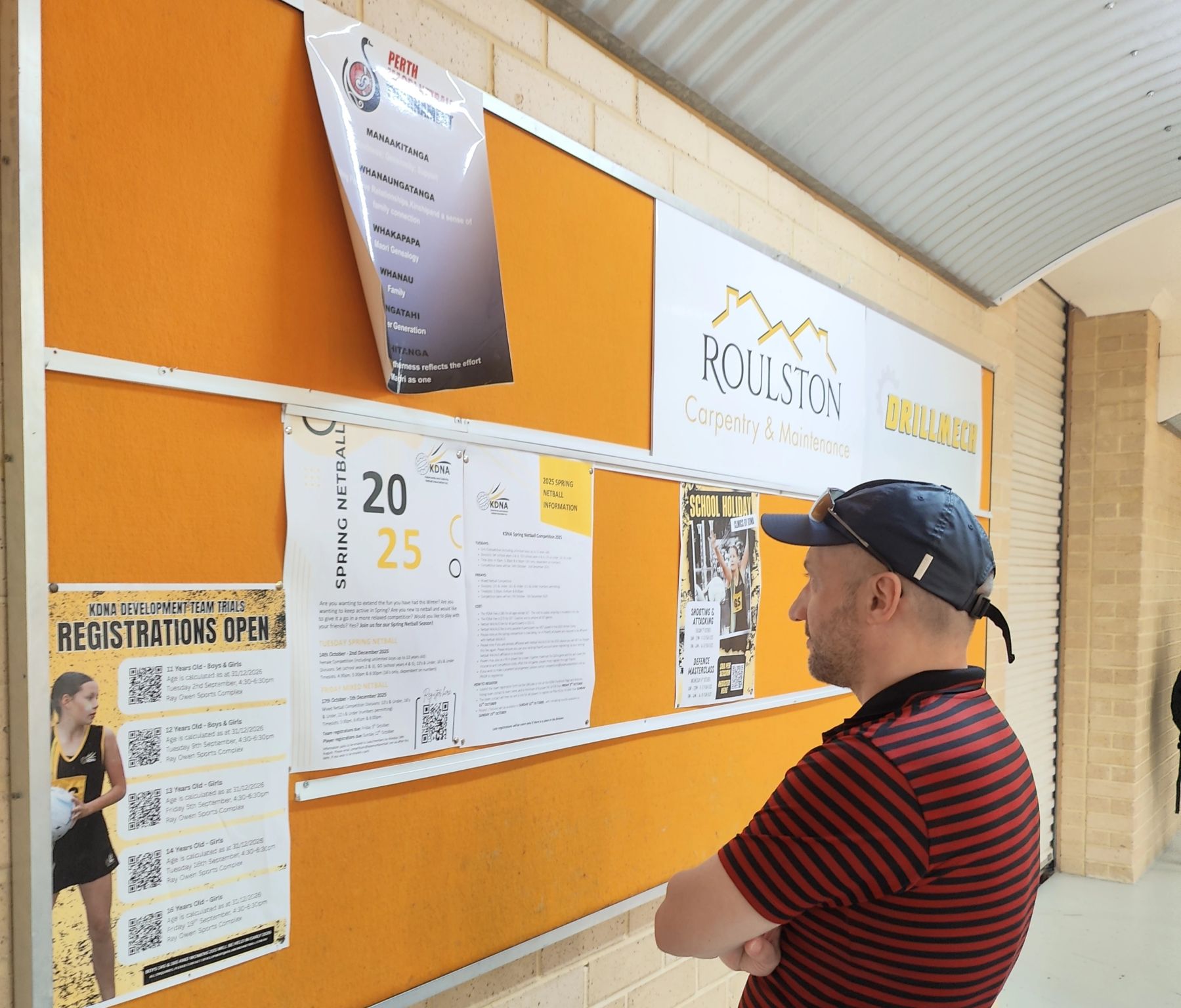
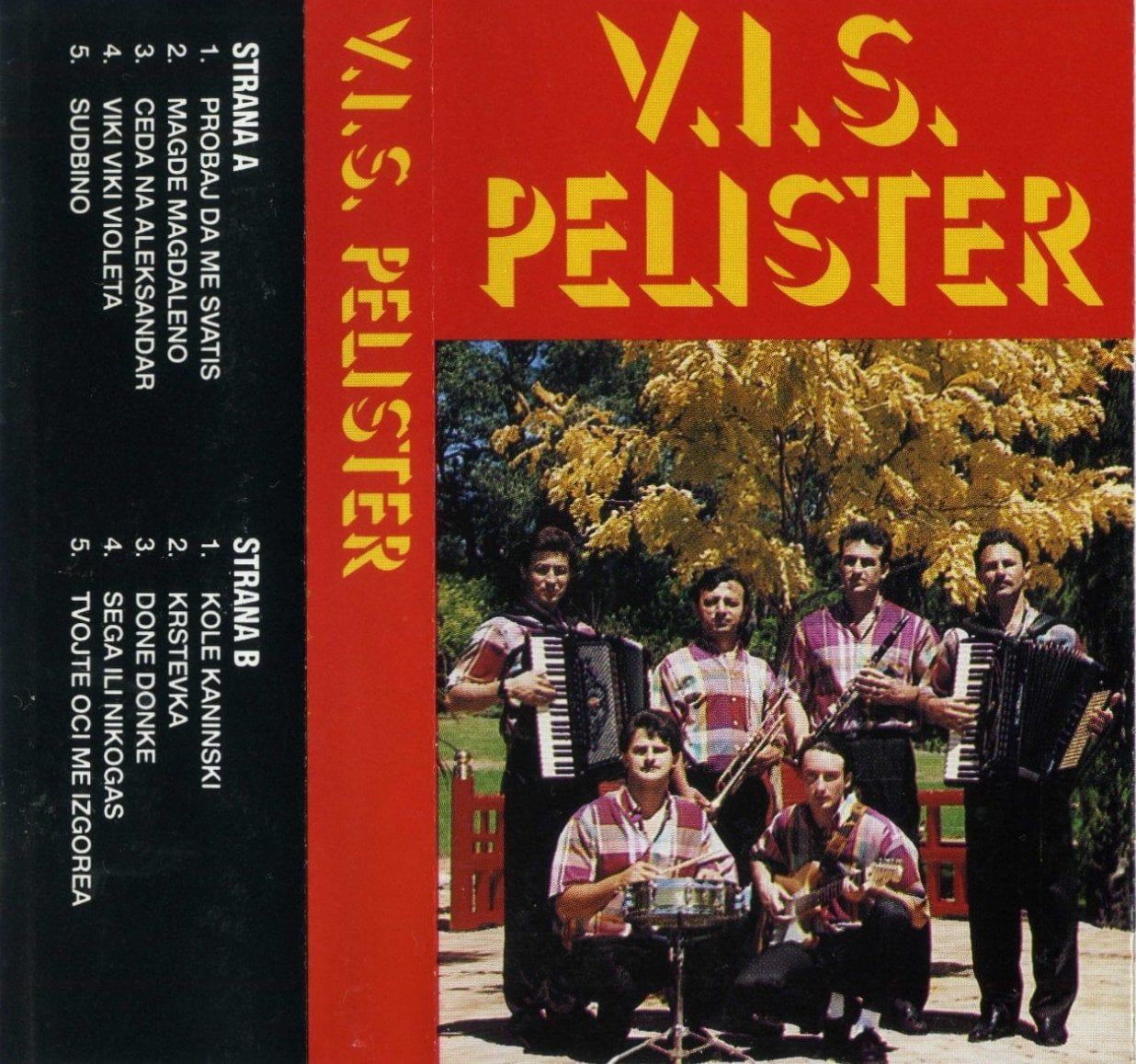



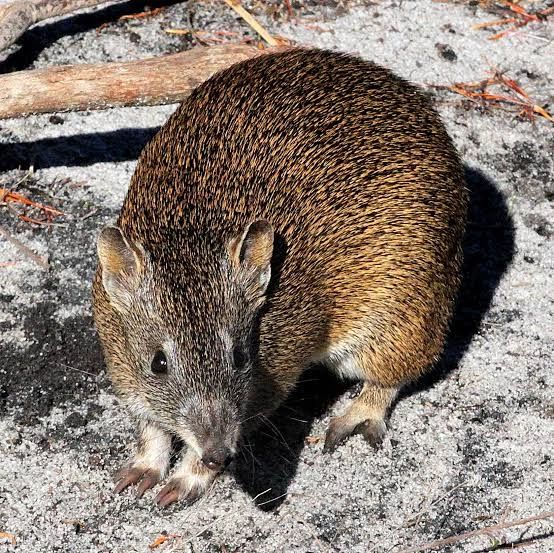



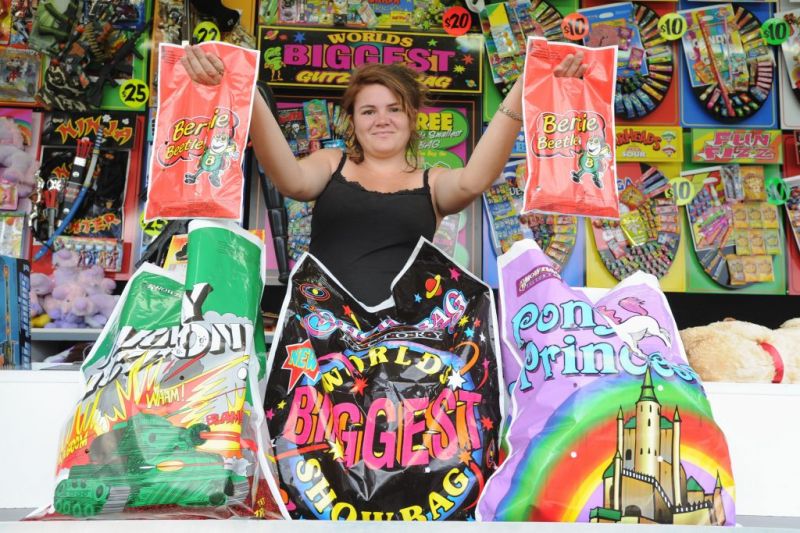

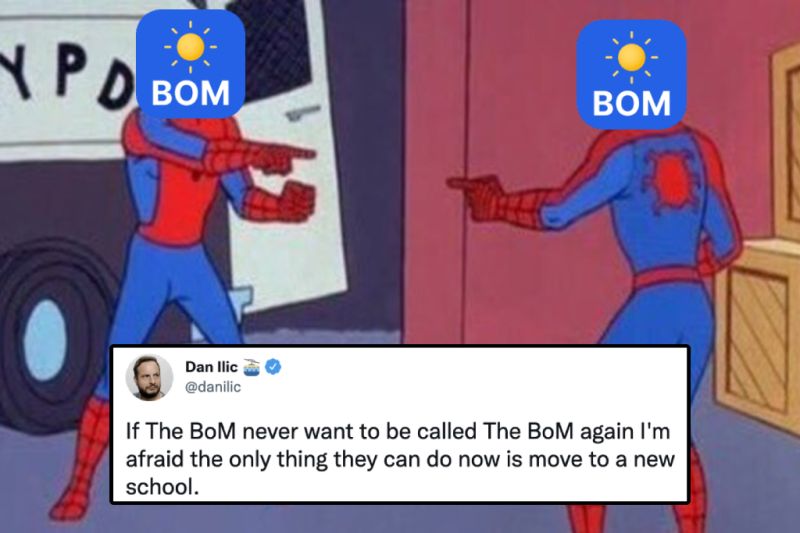


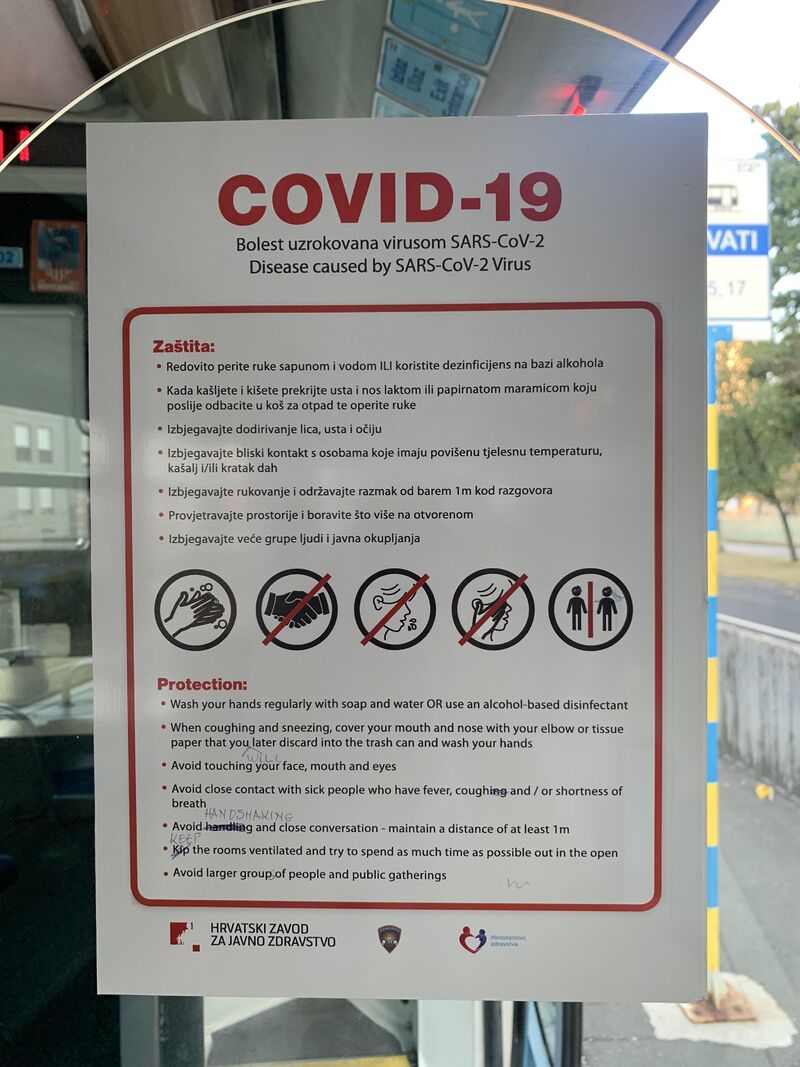
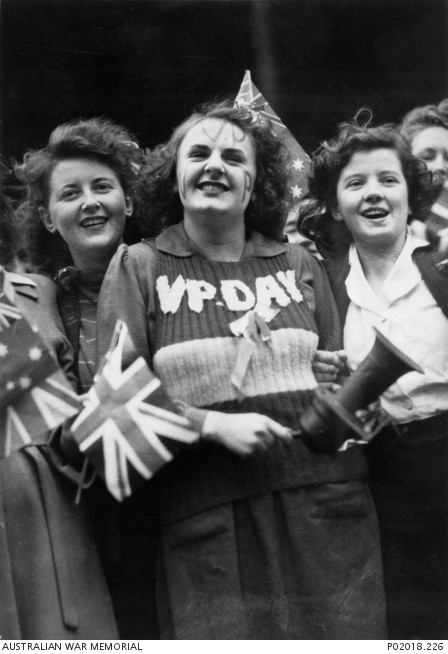
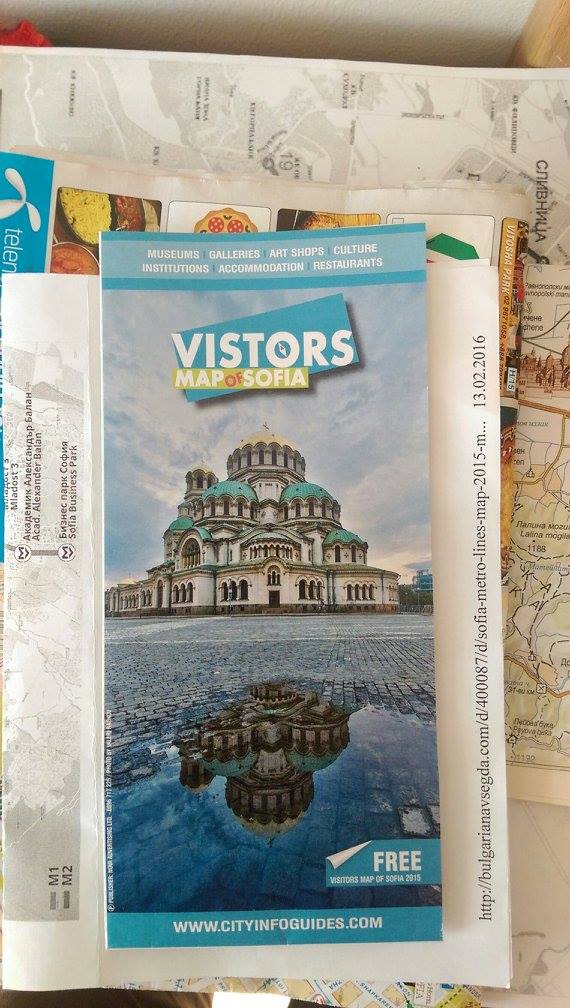
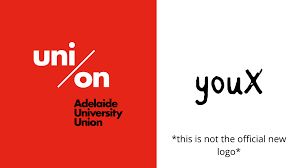

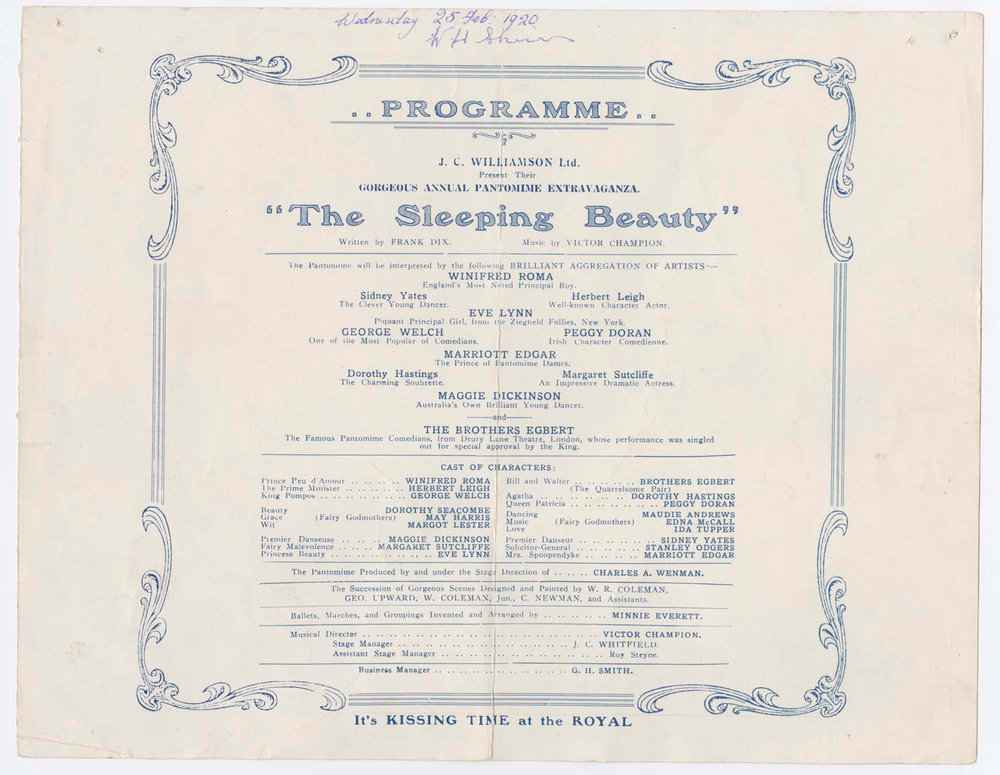





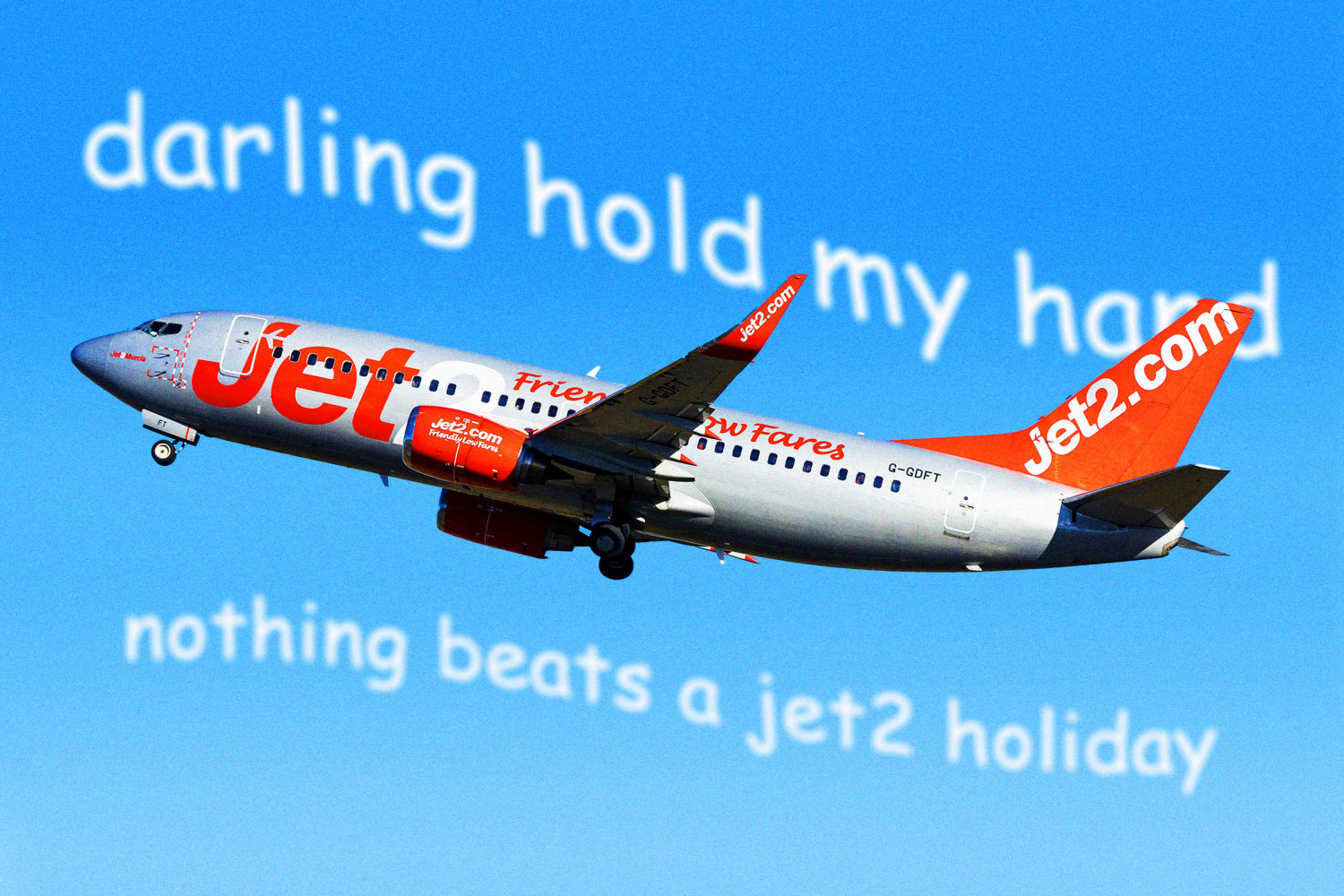
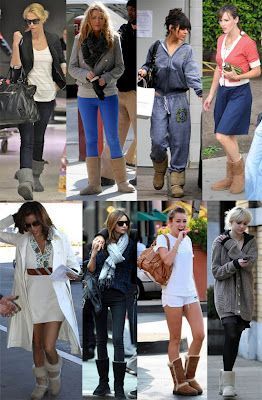







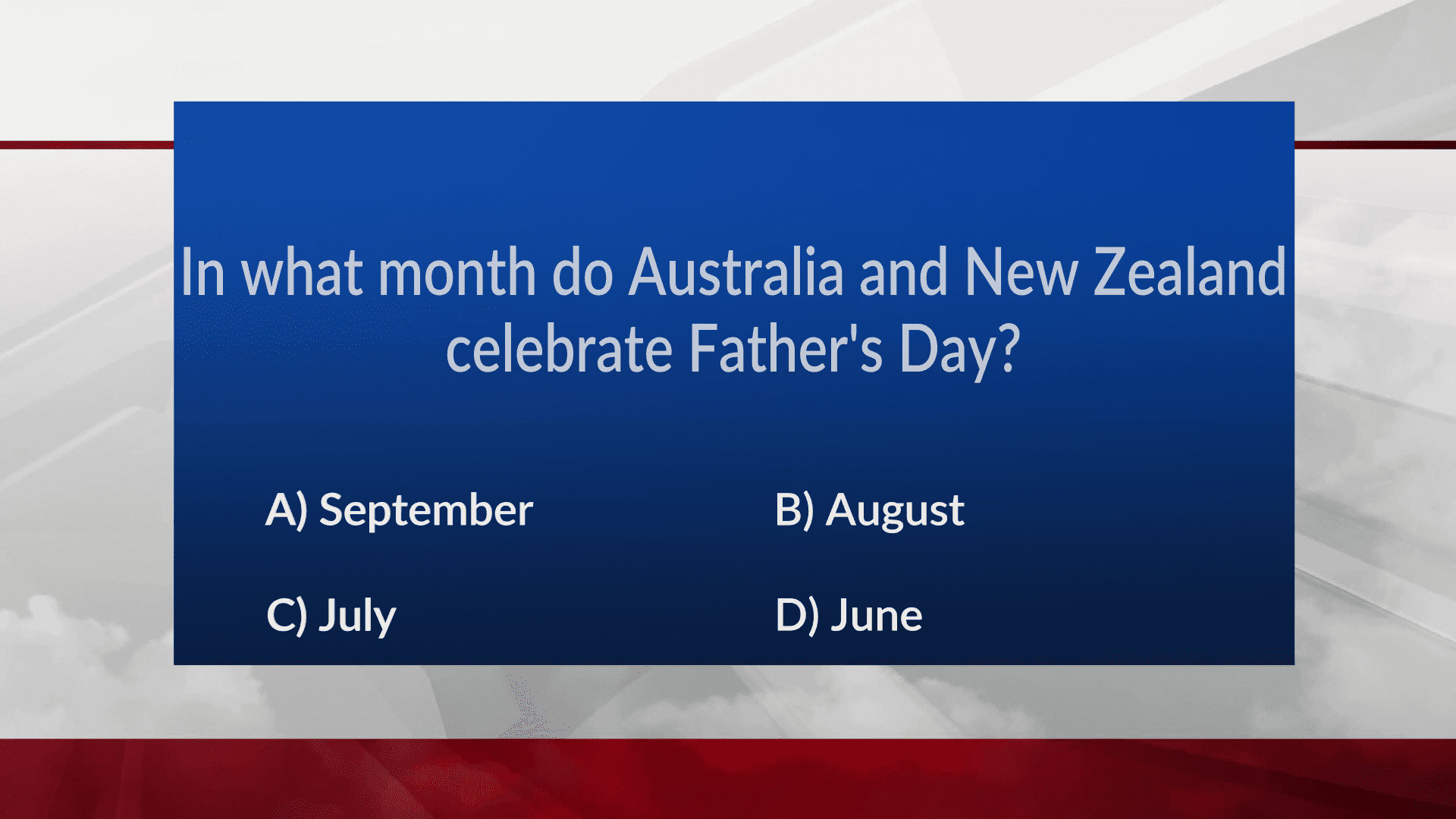












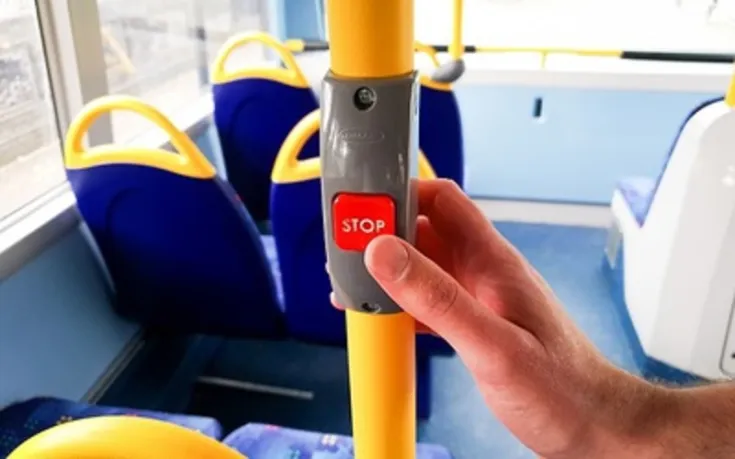









































.%20A%20day%20of%20campaigning%20%E2%99%80%20%E2%80%A6%20or%20a%20day%20to%20buy%20flowers%20%F0%9F%92%90.jpg)















